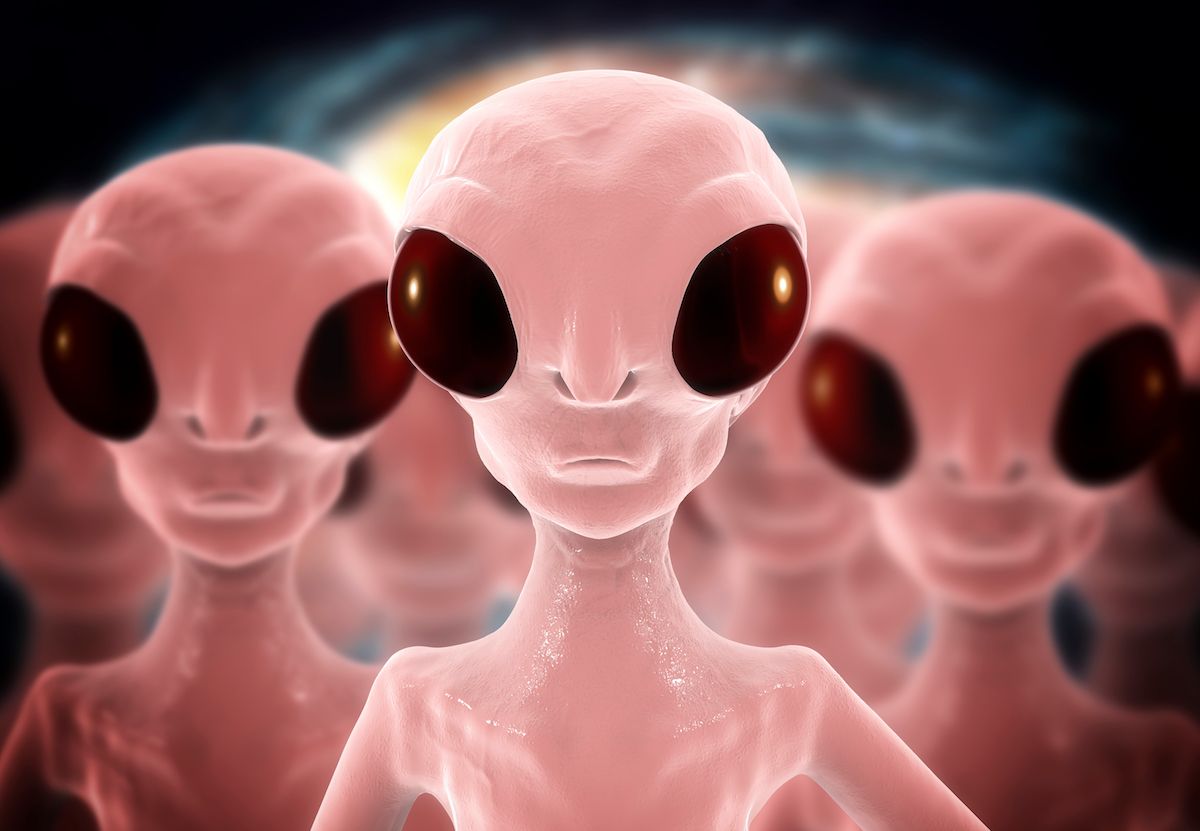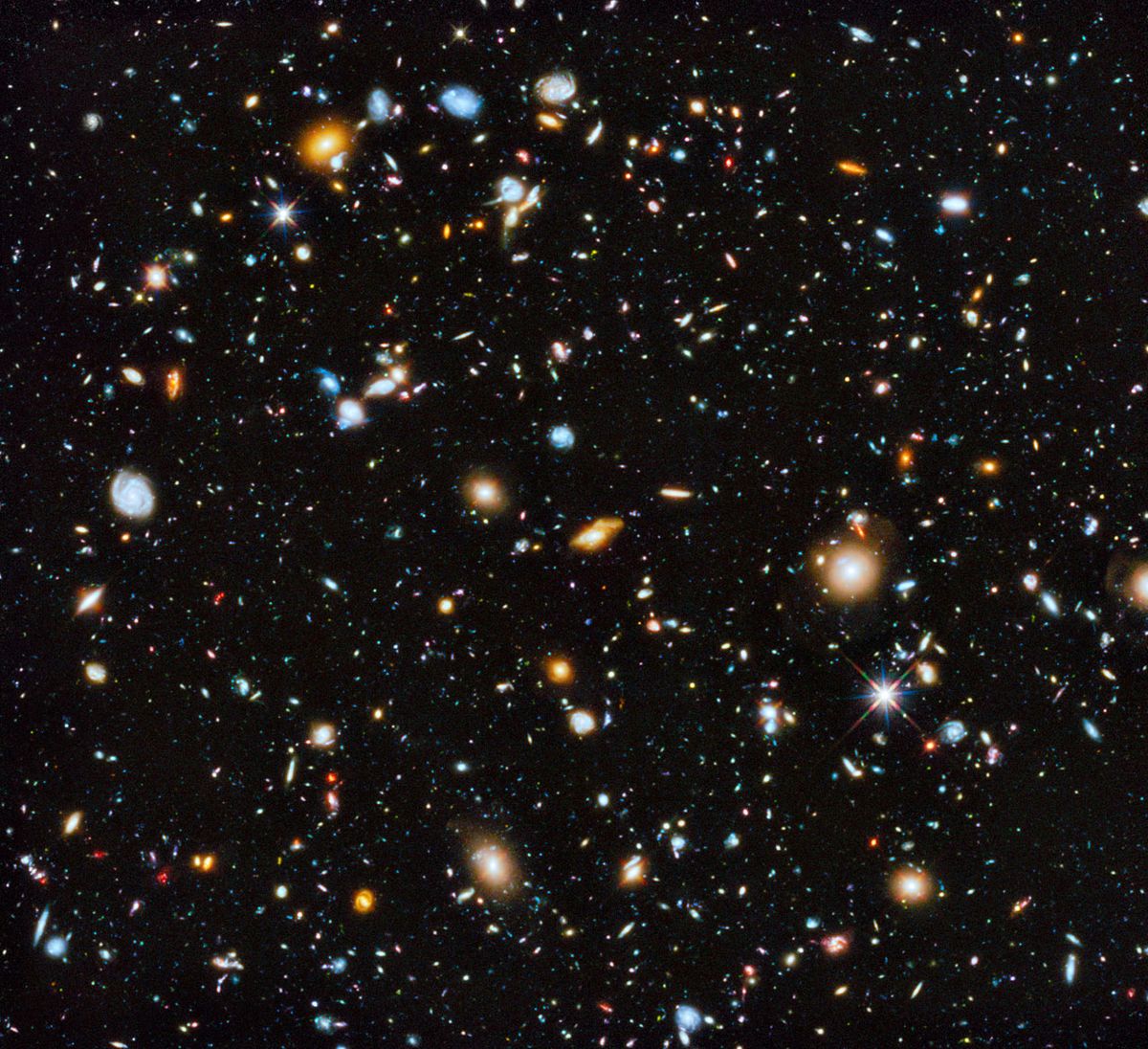Today's post is about Biology in Space
I used the word Biology as an excuse for the word Life. I want to talk about Life in Space.

First, I want to define life. What is the criteria that something can be considered life if it checks all the boxes? It can respond to stimulus in the environment, it can grow, it can reproduce, it can defecate(poop), and it can evolve to different circumstances. This is not a definitive list but it is the most agreed upon list of criteria for life.
Now, let's think of some conditions for life on other planets. Going by mere mortal standards. We will say that life on other planets needs liquid water and oxygen and are carbon-based life forms. So, a condition for life is that the planet has to contain liquid water, and it must also have an atmosphere because it needs oxygen.
Life in Space is significant because that means we are not the only ones out there, the scientific and cultural discoveries abound. Everything from biology to chemistry to diversity is advanced. Imagine the effect on chemistry and biology if we found a plant that could grow in toxic soils, or an animal that could live for years without water. Imagine the effect on cultures if we found an intelligent species that has developed language and community.
Most people reading this will be thinking: "Wow, that's all cool, and I see the scientific value of finding life, but what if we find an advanced civilization and they come and blow us all up?" This is a very common question and one of the main arguments for not exploring and trying to find new life in the solar system. So, why should we explore for life when we can get blown up by an antimatter bomb or something. Well, let's put it this way, the probability that we find an advanced civilization capable of annihilating an entire planet like the Death Star before they find us is highly unlikely, and if we "visit them" they won't kill us. Additionally, the nearest habitable planet is 4 light-years away.
Ok, so, they probably already found us and it takes them a while to get here. What else? Well, neglecting that, an advanced civilization is very unlikely to exist because it takes an extraordinary amount of luck for proper conditions for life to form. Think about it. We are a single planet orbiting a star. There are hundreds of billions of stars, some of them having numerous planets. And that's just one galaxy, there are superclusters of galaxies, numbering up to the hundreds of millions. Each of those galaxies with their own star superclusters, and each of those stars having planets. And we have not detected a single life-form or evidence of life-form on any of them.
Going back to the paragraph on conditions for life, we have already stated that life requires liquid water and an atmosphere. Well, what pre-requisites need to be met before that can happen. Well, for one, a planet need to be placed inside a goldilocks zone, a zone where the planet is not too close to the star, but not too far away. The right distance is determined by the heat of the star, size of the planet and many other factors. The reason this zone is so important is that water appears in all 3 states at this zone. As we know, liquid water is a prerequisite for life.
- Anonymously Aerospaced

 |
| Single-Celled organism under an electron scanning microscope |
First, I want to define life. What is the criteria that something can be considered life if it checks all the boxes? It can respond to stimulus in the environment, it can grow, it can reproduce, it can defecate(poop), and it can evolve to different circumstances. This is not a definitive list but it is the most agreed upon list of criteria for life.
Now, let's think of some conditions for life on other planets. Going by mere mortal standards. We will say that life on other planets needs liquid water and oxygen and are carbon-based life forms. So, a condition for life is that the planet has to contain liquid water, and it must also have an atmosphere because it needs oxygen.
Life in Space is significant because that means we are not the only ones out there, the scientific and cultural discoveries abound. Everything from biology to chemistry to diversity is advanced. Imagine the effect on chemistry and biology if we found a plant that could grow in toxic soils, or an animal that could live for years without water. Imagine the effect on cultures if we found an intelligent species that has developed language and community.
 |
| Bet you have never seen a pink alien before |
 |
| Famous Hubble galaxy image |
Going back to the paragraph on conditions for life, we have already stated that life requires liquid water and an atmosphere. Well, what pre-requisites need to be met before that can happen. Well, for one, a planet need to be placed inside a goldilocks zone, a zone where the planet is not too close to the star, but not too far away. The right distance is determined by the heat of the star, size of the planet and many other factors. The reason this zone is so important is that water appears in all 3 states at this zone. As we know, liquid water is a prerequisite for life.
- Anonymously Aerospaced
Comments
Post a Comment